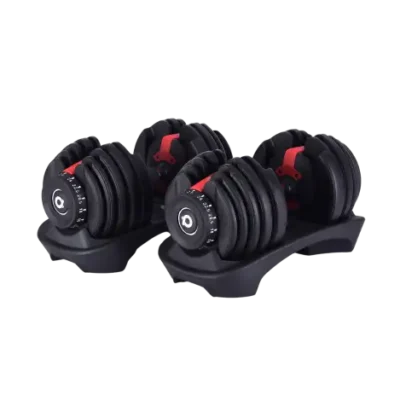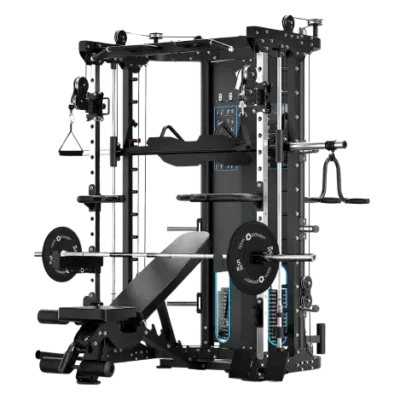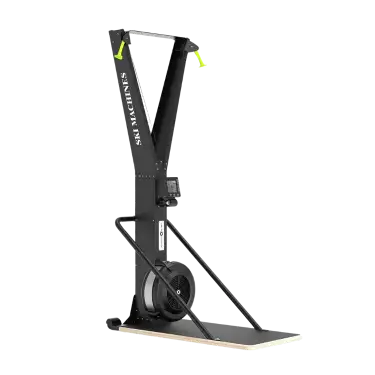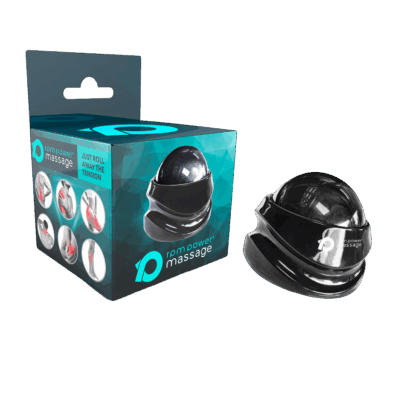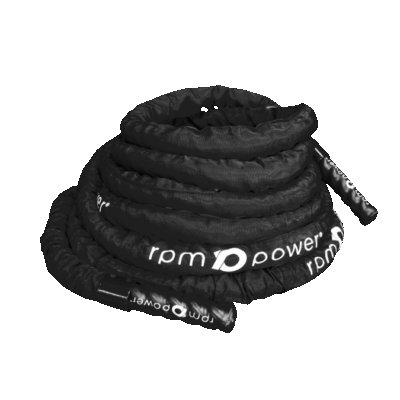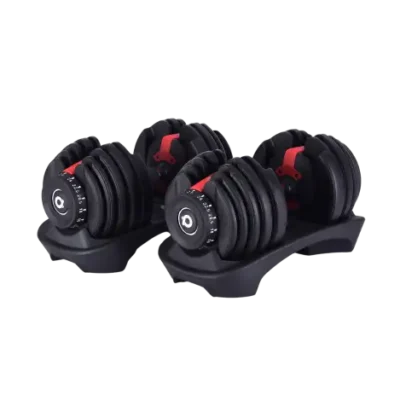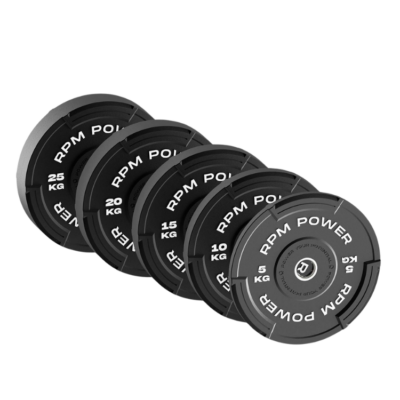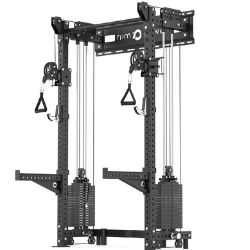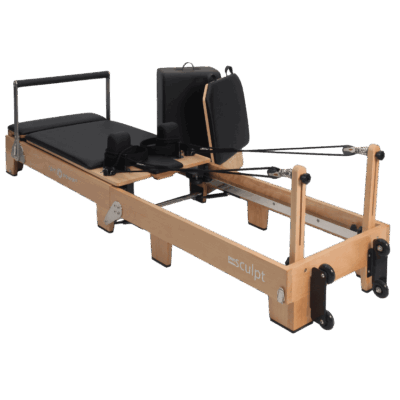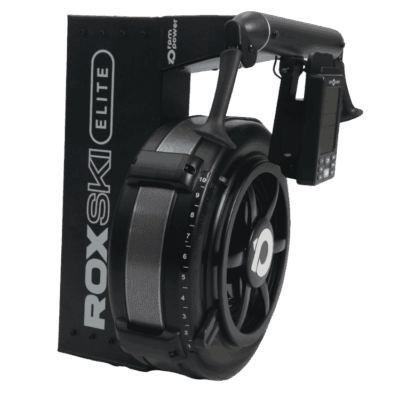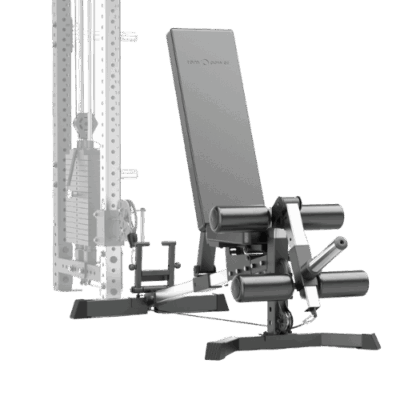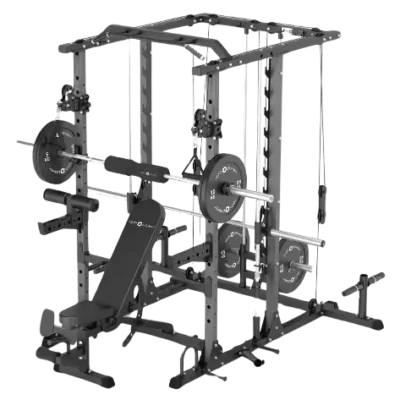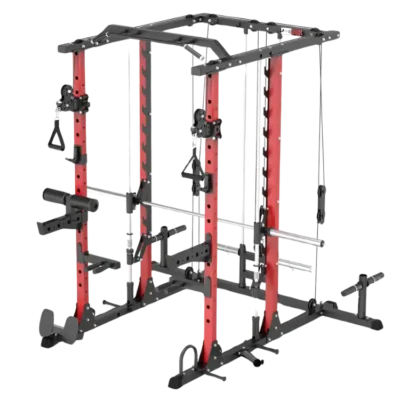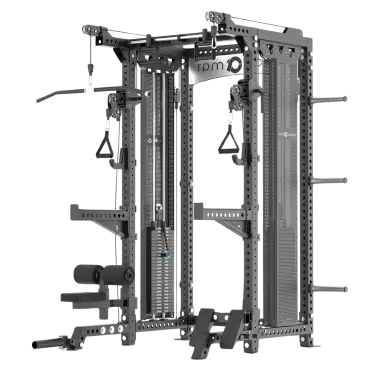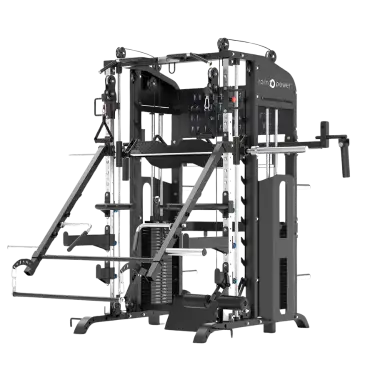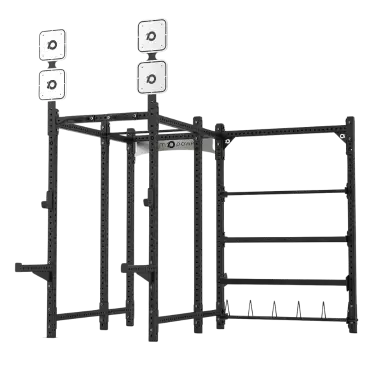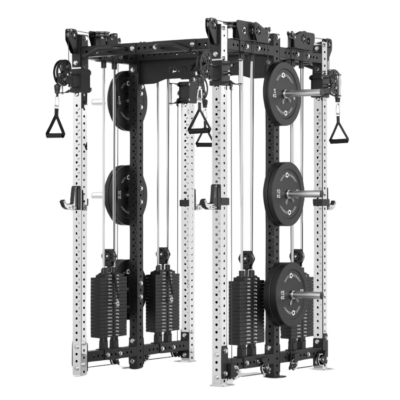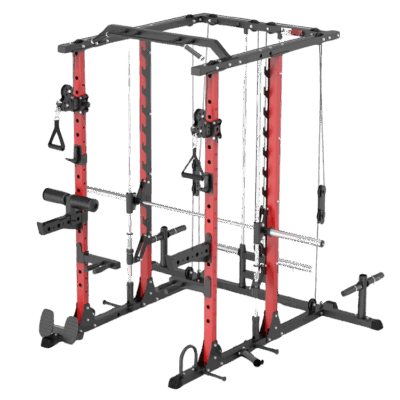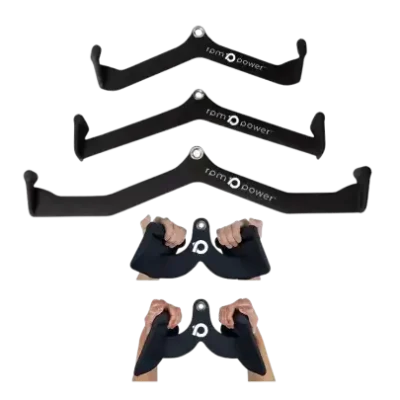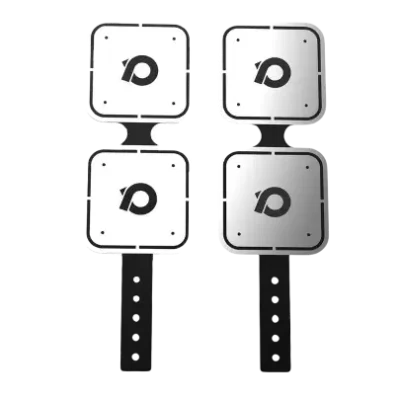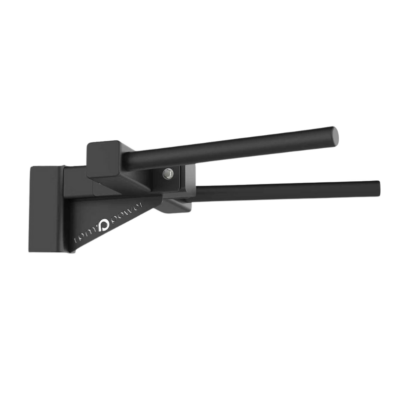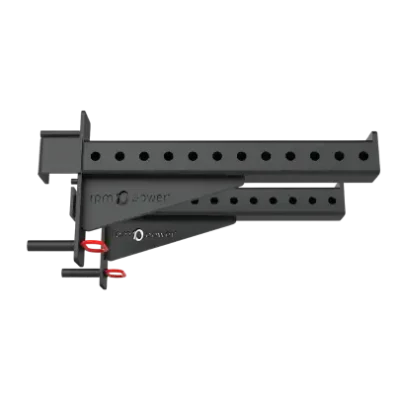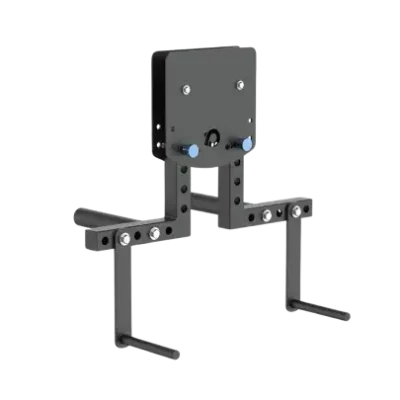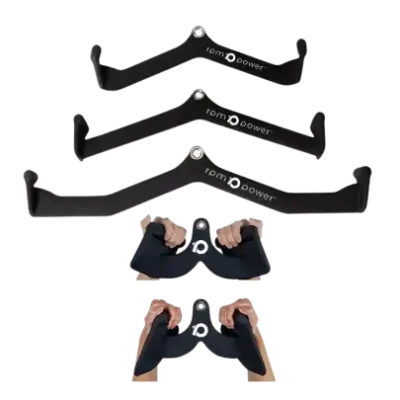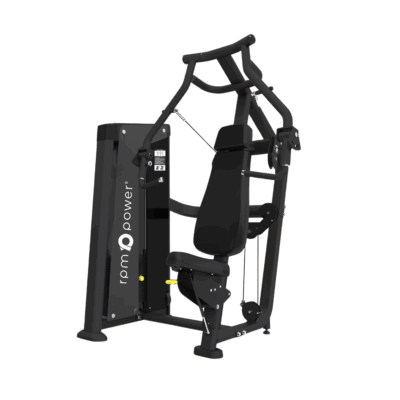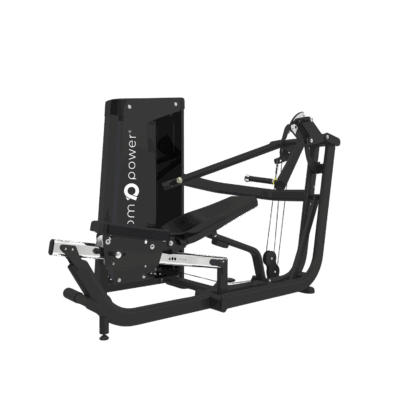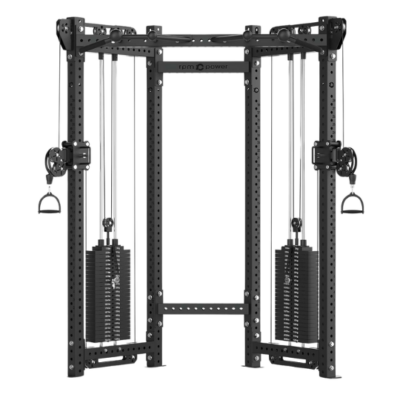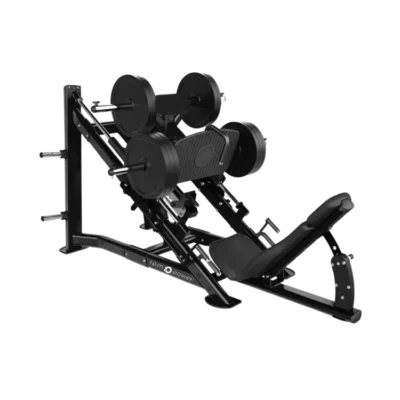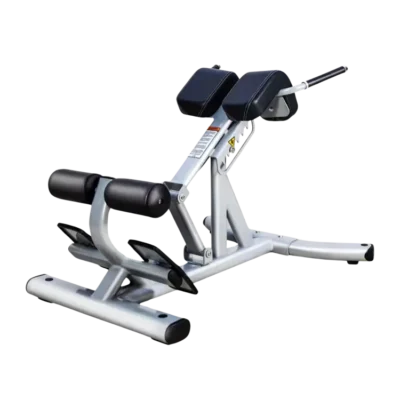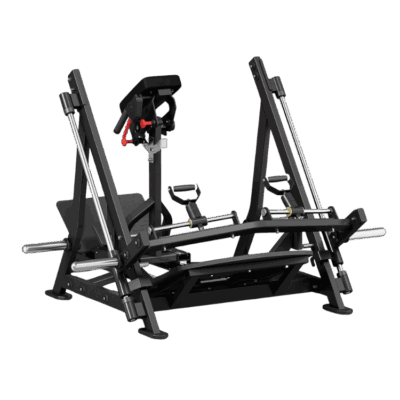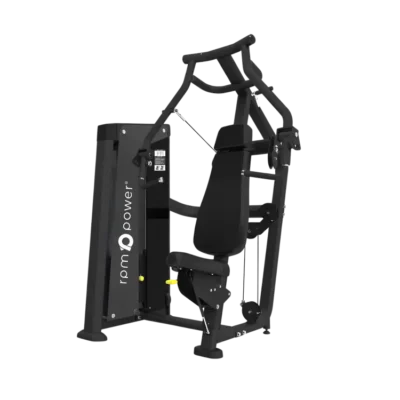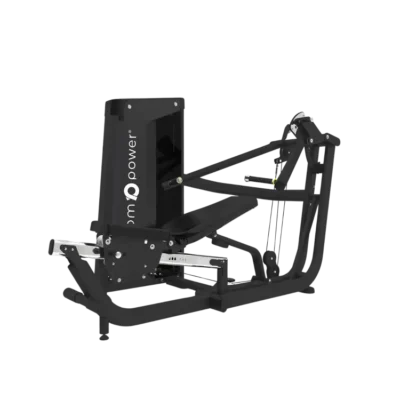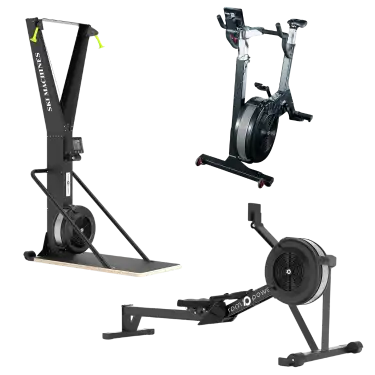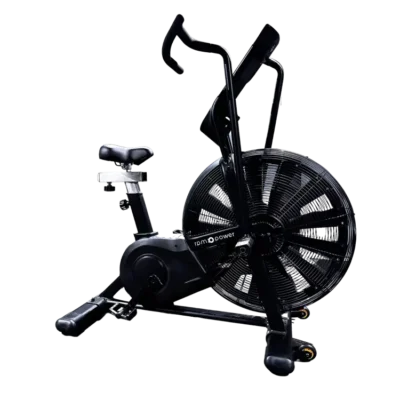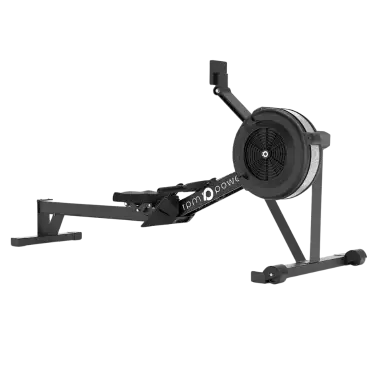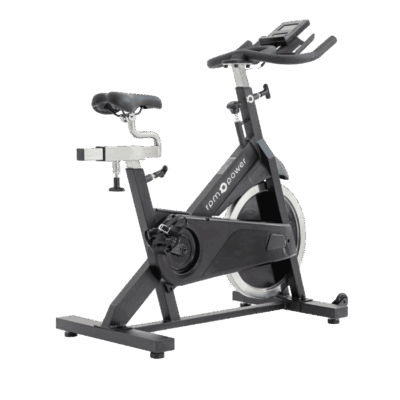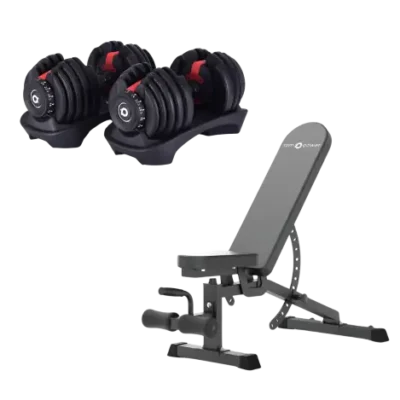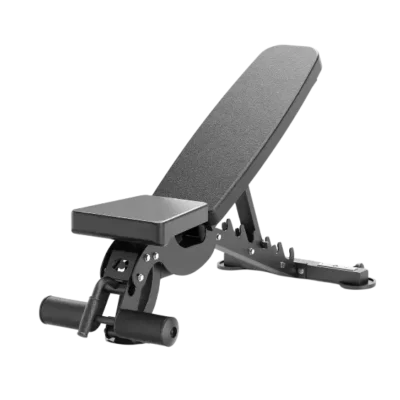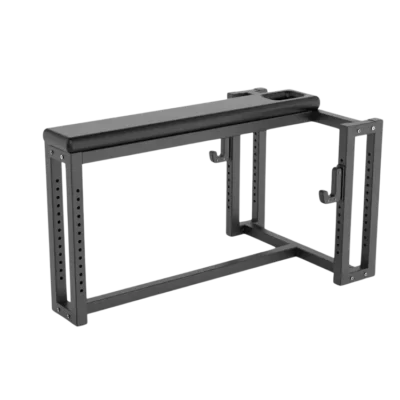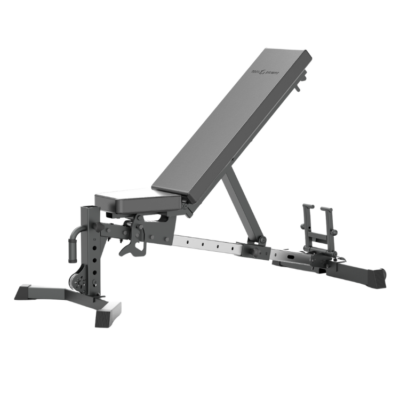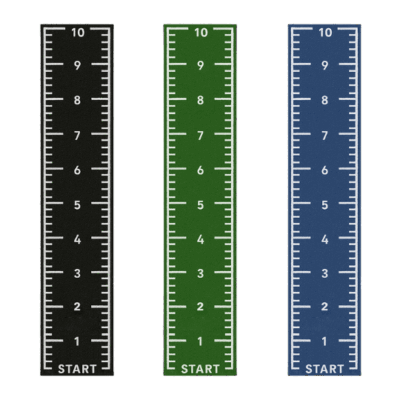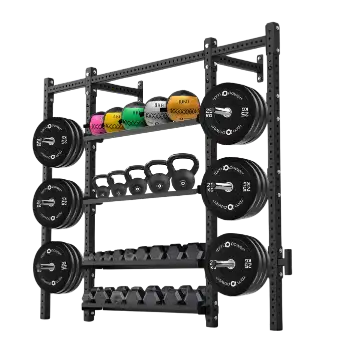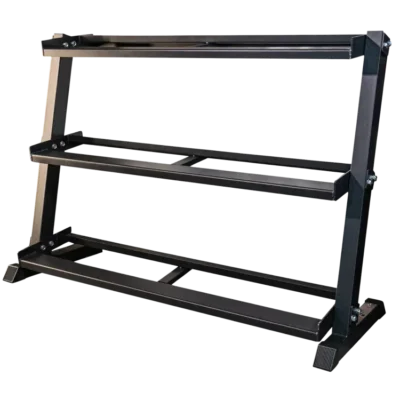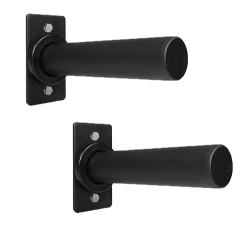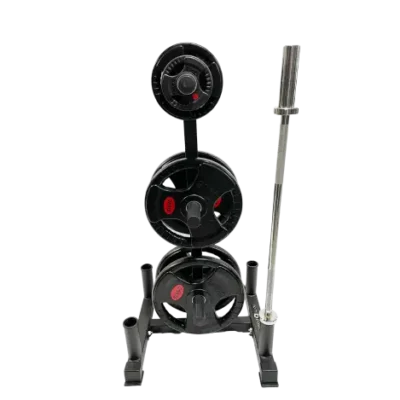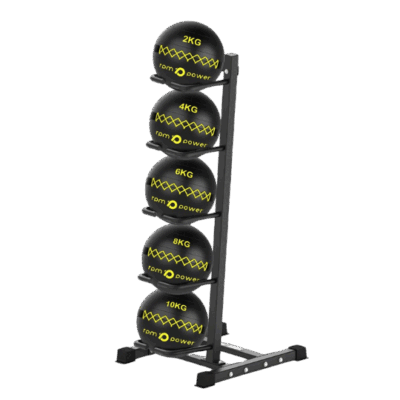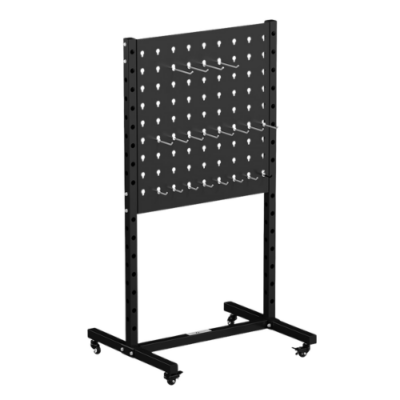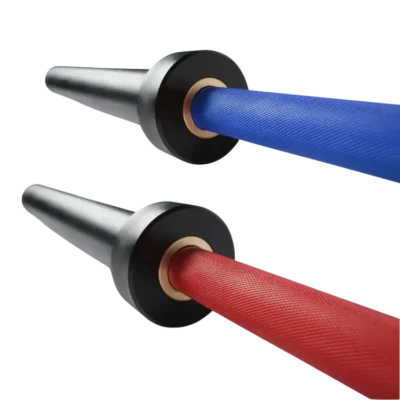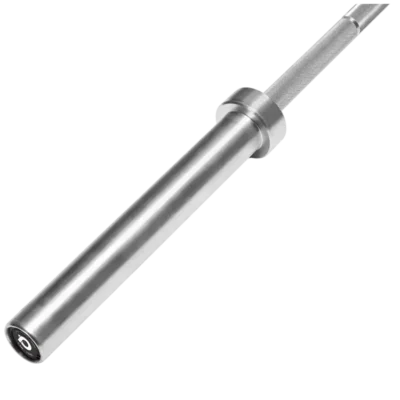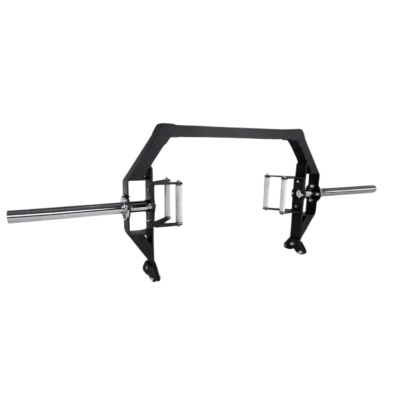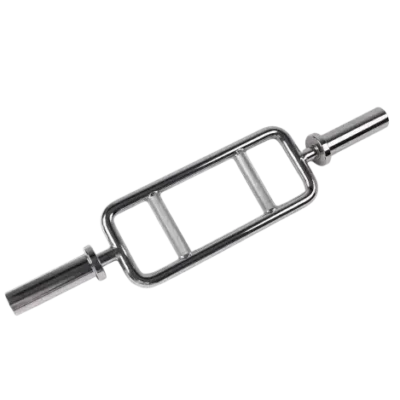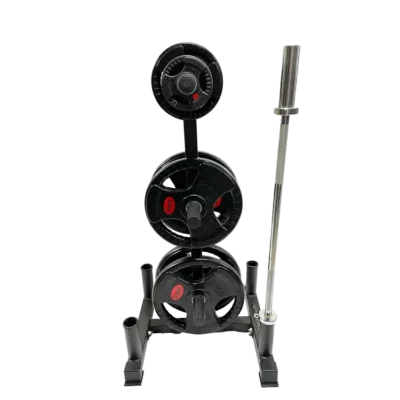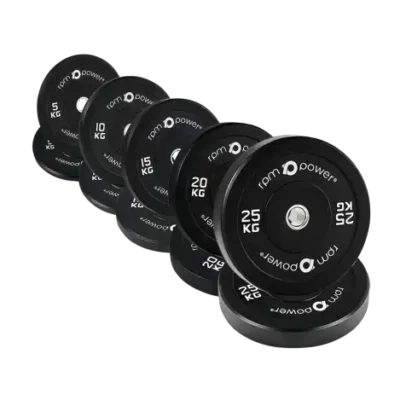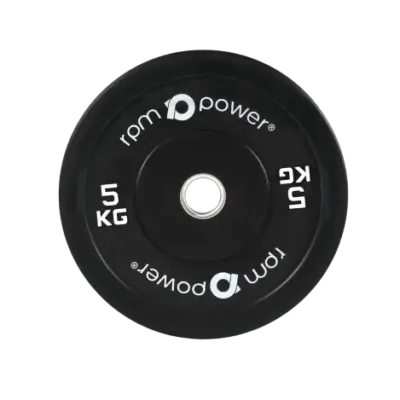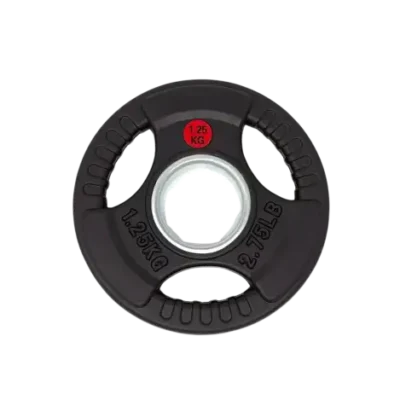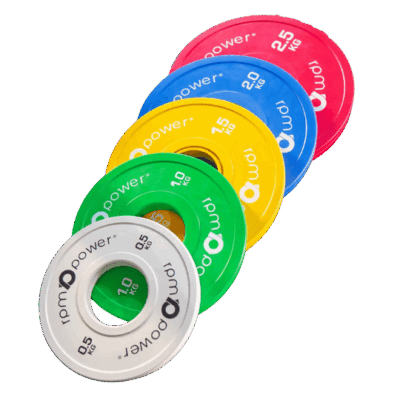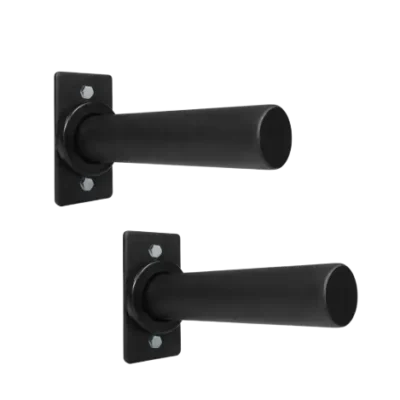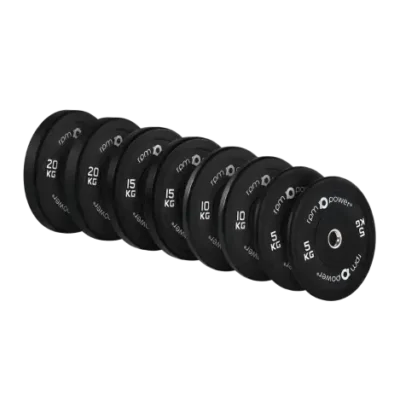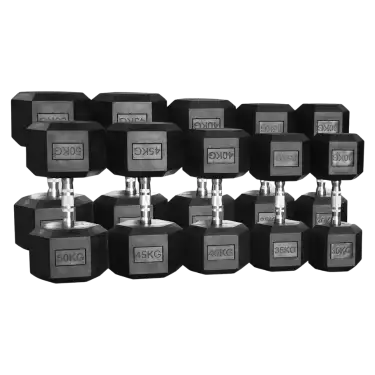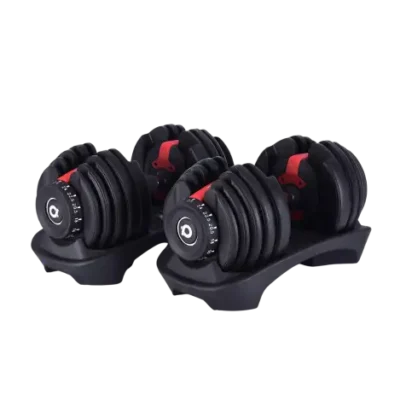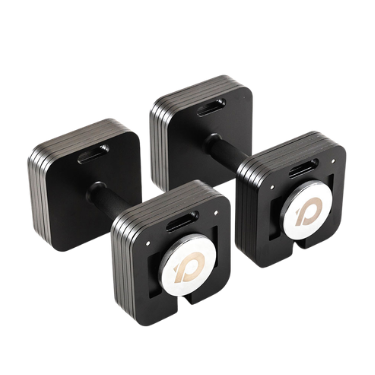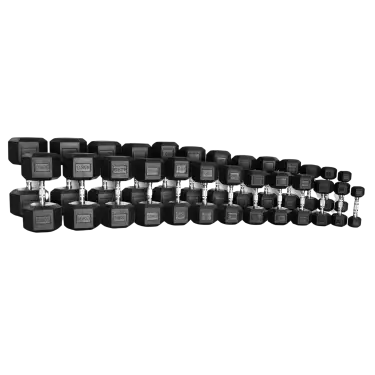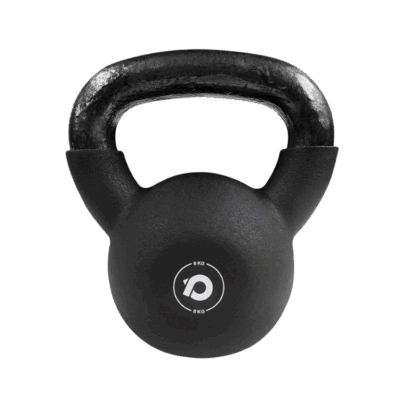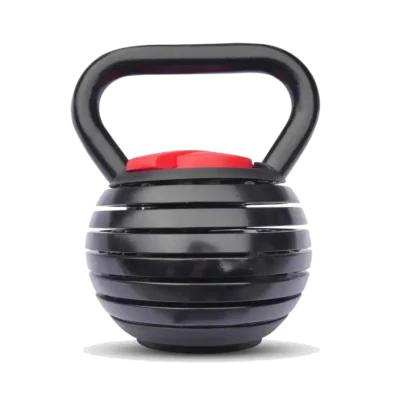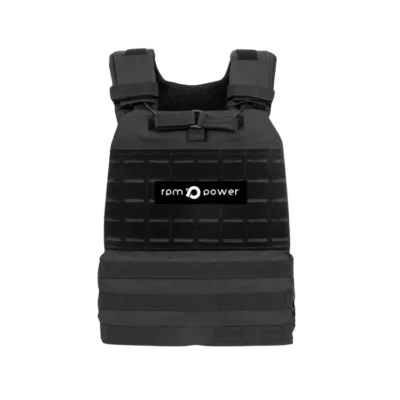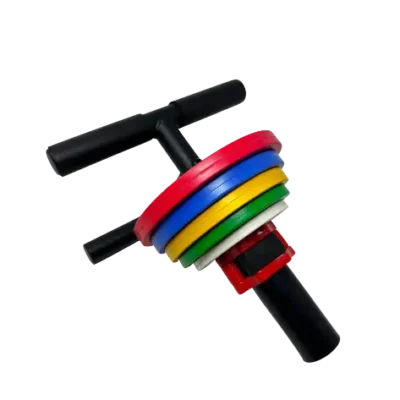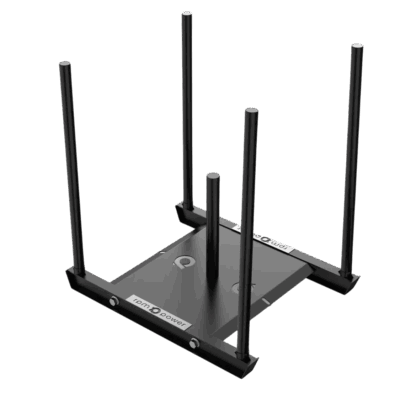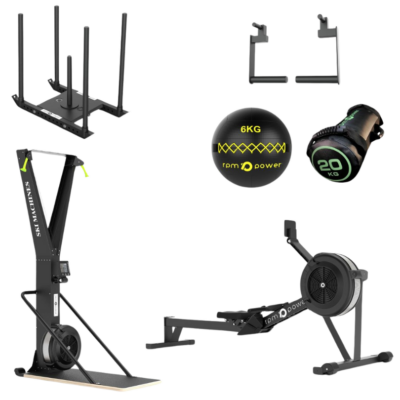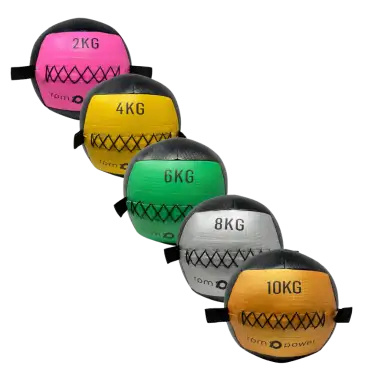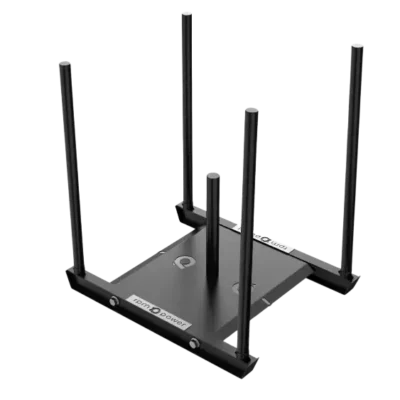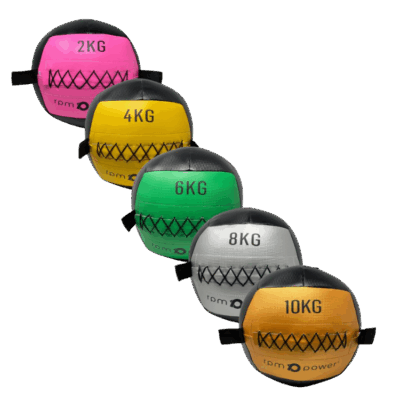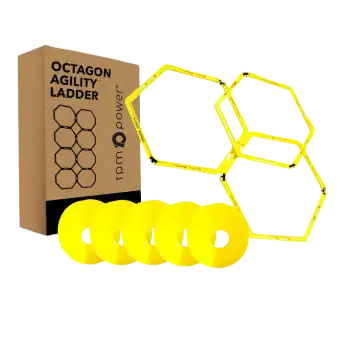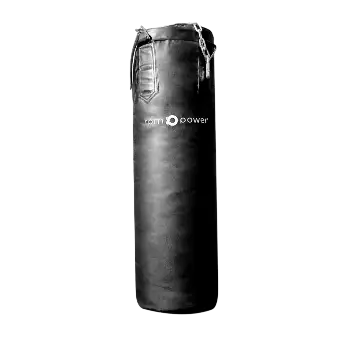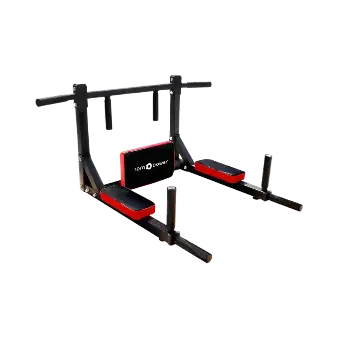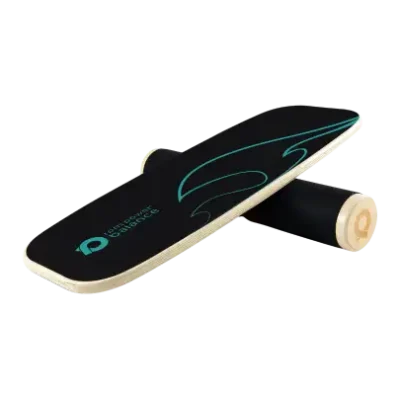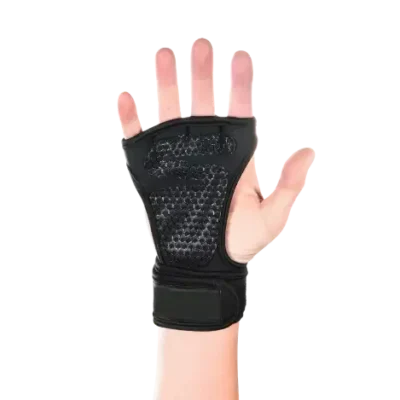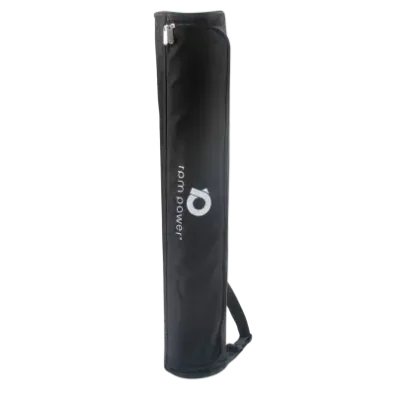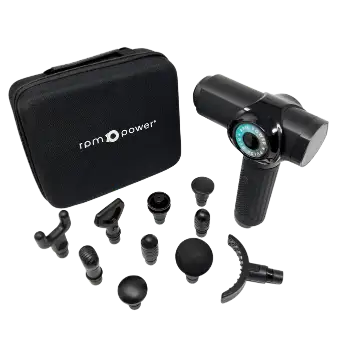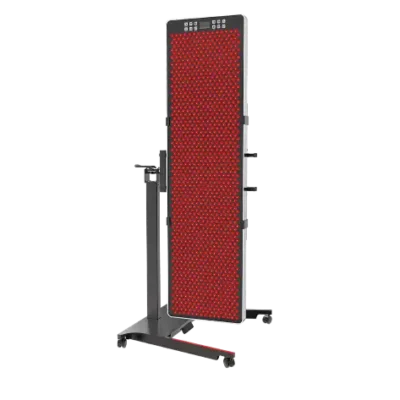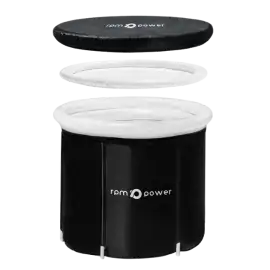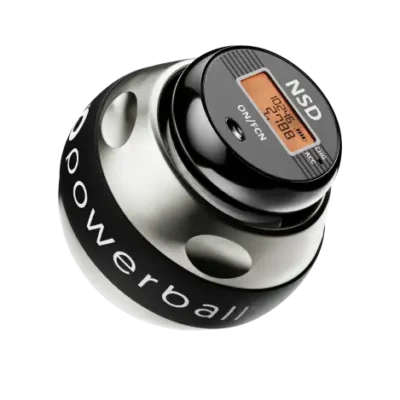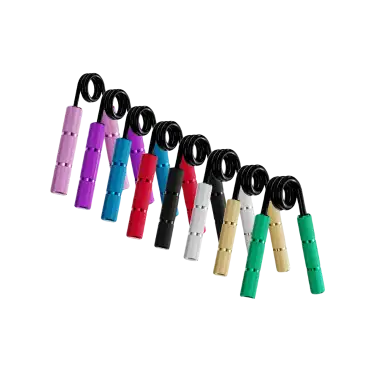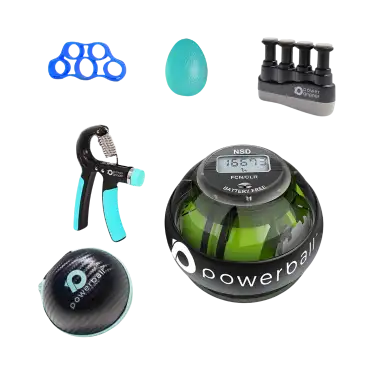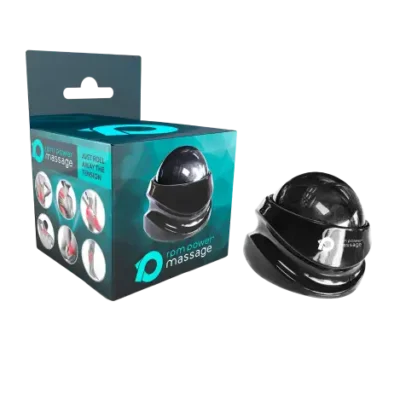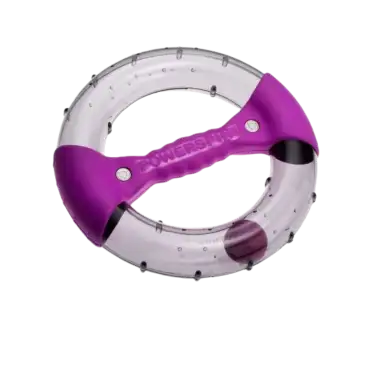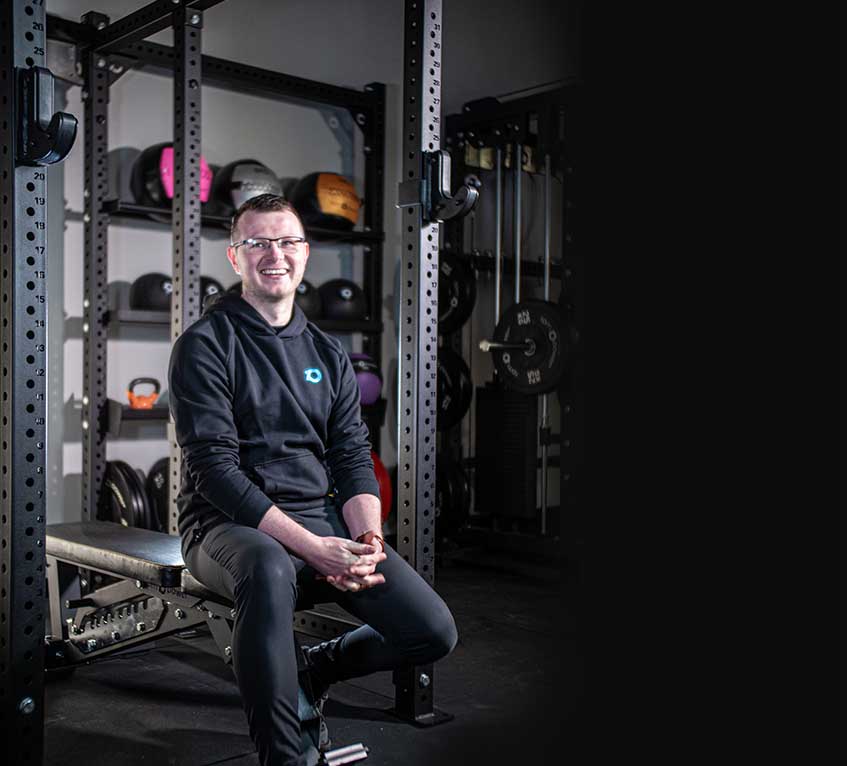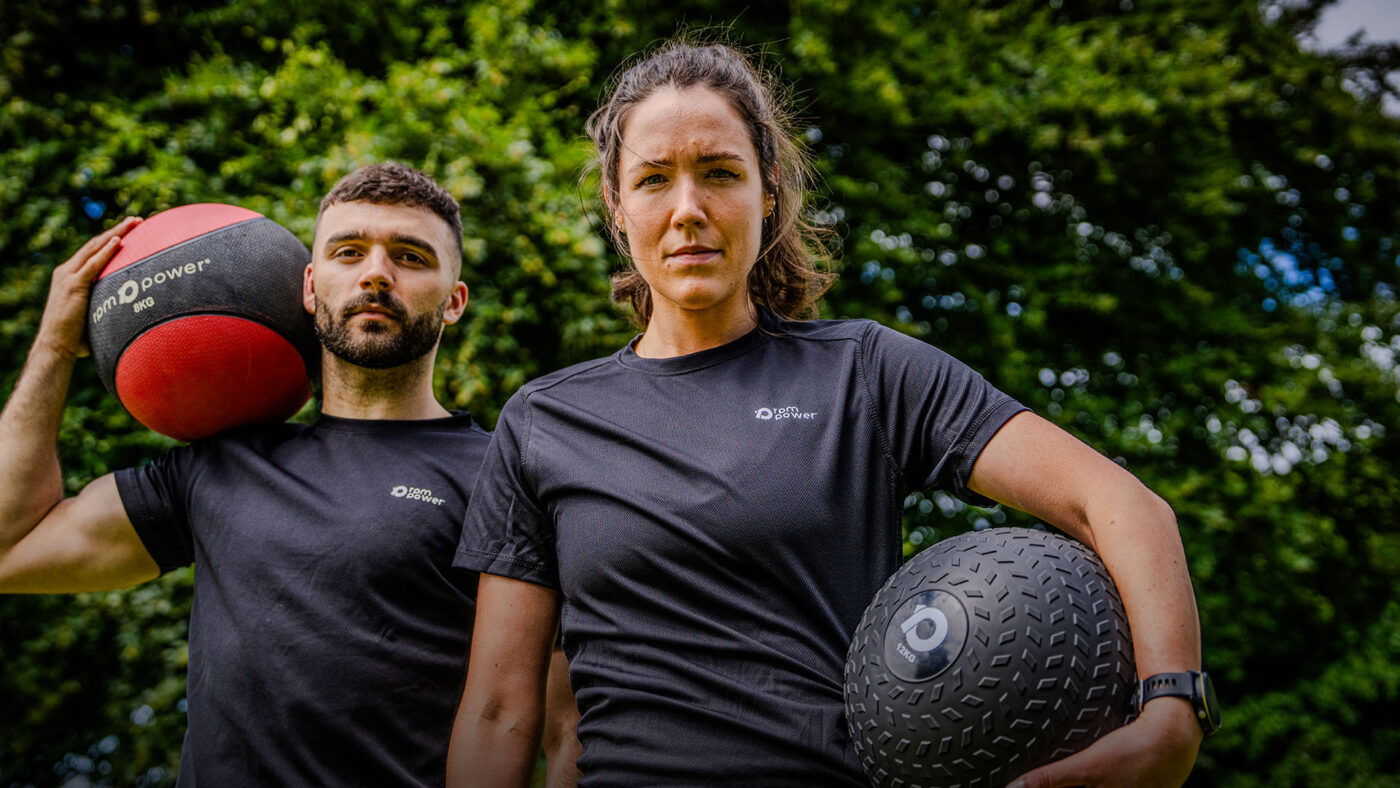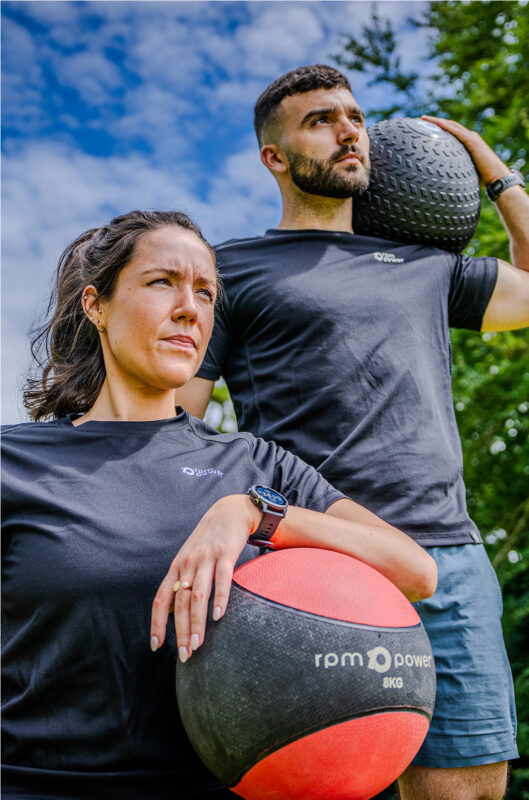Nutrition, RPM Power Partners
Does Fasted Training Actually Work?
Registered dietitian, owner of the Southeast Nutrition Clinic and host of the The Fuel Better Podcast, Evan Lynch, is the official RPM Power dietitian and he is here to tell you all about fasted training. First off, does training when fasting have any benefits compared to training after having eaten? Should you train while fasting at all? Listen to what Evan has to say about the topic in the video below or read on to learn more:
Why do people fast?
People fast by choosing not to eat food and some types of drinks for a certain period of time. You may decide to fast for a number of reasons, including for your health or religion, and there are different types of fasting, such as prolonged fasting or intermittent fasting. Not eating for a certain number of hours can increase your metabolism, improve insulin sensitivity, and promote cellular repair processes, among other things, thus bringing about certain health benefits.
Should you workout when fasting?
It’s common question: does not eating before a workout burn more fat? The short answer is no, probably not. Maybe you’re under the impression that if you train while fasting you’ll loose more weight or it might even help you get fitter. The research tells us fairly conclusively that fasted training does not make any sense, especially when performing a high intensity workout or resistance training. If you don’t eat for a period of time, it will mean you’ll be lacking carbohydrates or glycogen when you start your workout and these are required for the body to effectively store carbs.
Think of it as dollars for exercise. If you’re performing a workout while fasting, you really don’t have the budget to spend on the exercise you are doing, and you’re much more likely to have a poorer session performance and generally lower levels of muscle protein synthesis after the fact. Not only that but it’s going to take you much, much longer to recover.
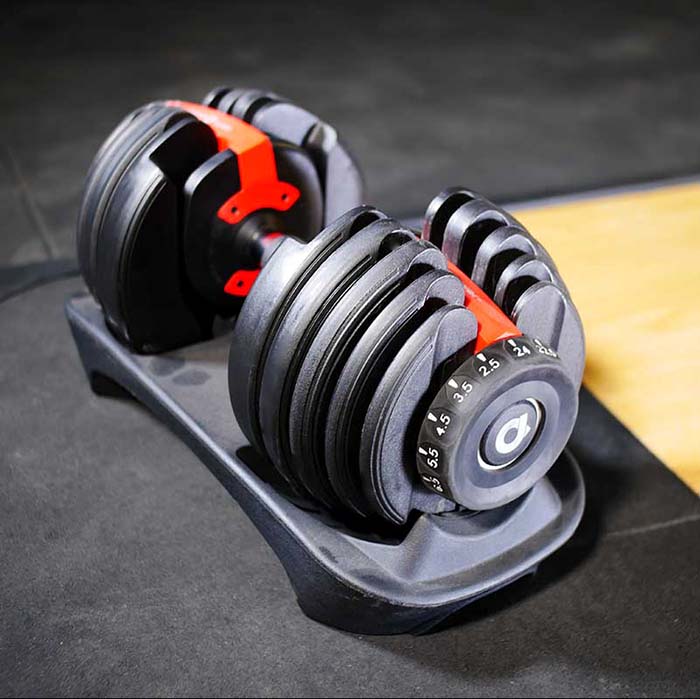
What are some of the disadvantages of a fasted workout?
From a health perspective, there are many reasons not to do fasted exercise. This might surprise you, but the research tells us that athletes that train in either calorie or carb deficit are far more likely to have the following:
- iron deficiency
- menstrual abnormalities
- erectile dysfunction
- osteoporosis.
As someone working in sports nutrition for many years, Evan has seen a number of professional athletes that have infertility issues or osteoporosis in their early 20’s and 30’s due to how they fuel their exercise.
If you struggle to eat in the morning or your appetite is a little bit poor, try something like a sports drink, carbohydrate powder or a banana. Before your workout, make sure you carb up.
Key takeaways
Training during a fasting period is not always going to bring about extra benefits for your training and it most likely will even be a disadvantage to your performance. If you’re wondering whether to eat or not before a workout, remember that carbs are king and even a small amount of food can improve your energy levels and therefore, your results.
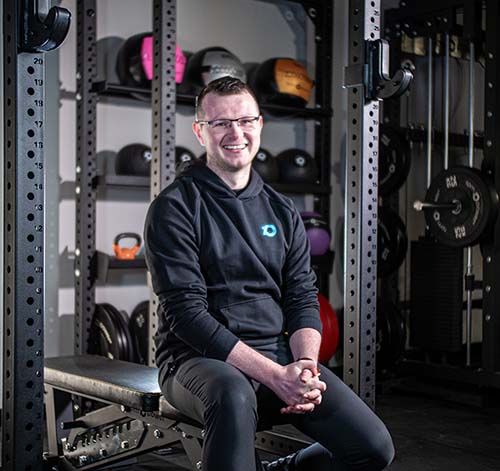
Evan Lynch is a dietitian based in Clonmel, Co. Tipperary. His specialty areas centre around sports nutrition, weight management and aiding those he works with to make more successful and long-term changes to their diet. He also works with a wider range of clients with a variety of issues ranging from simple nutrient deficiencies to diabetes management.
Southeast Nutrition ClinicInterested in more?
Check out the full video series with Evan below:
